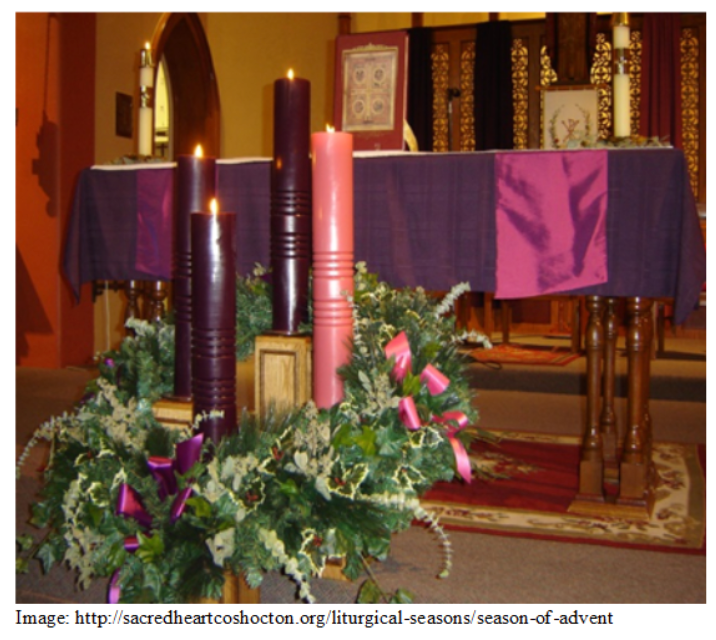There is a line in a song from 1971 that says,“Sign, sign, everywhere a sign…do this, don’t do that, can’t you read the sign?” In the song, signs were everywhere. They were easy to spot. The messages on the signs should have been easy to understand.
In the Gospel this weekend, we hear that John the Baptist is sitting in prison and is concerned about whether Jesus is the Messiah. He is having trouble seeing, and possibly, believing, the signs. He thought that the Messiah would arrive in dramatic fashion. He would baptize with the Holy Spirit and with fire, and He would exercise judgment. But Jesus fits neither John`s expectations nor those of Jews in general. Jesus comes as one who proclaims the kingdom of God, calls upon people to trust in God, heals the sick, and befriends sinners and tax collectors. It is little wonder that John is having doubts. He knows that the end of his life is near and is concerned that all of his work baptizing and preaching repentance has been wasted.
So, he sends his disciples to ask Jesus, “Are you the one who is to come, or are we to wait for another?” Instead of saying, “Yes! I am the Messiah,” Jesus tells John’s disciples to look around at the signs. He does not proclaim himself; he proclaims the kingdom of God, breaking in upon the world. There are signs that Isaiah’s vision of the Messiah is being realized. Whoever perceives the connections and concludes that Jesus does the work of the coming one is blessed. There are signs EVERYWHERE. You get the sense that Jesus wants to ask them, “Can’t you read the signs?”
We are blessed and fortunate to be living on this side of Jesus’ resurrection and to be a part of His body, the Church. We do not have to rely on signs that may be ambiguous or unclear. We are not people adrift in the world with uncertainty about who we are, how we should live, or where we are going. We belong to His community of believers, dedicated to Him, instructed by Him, and carrying out His ministry. As His disciples, and with mutual support, we align ourselves with His ministry in our witness to the gospel and in our works of mercy and our care for the world.
Fr. Mike

